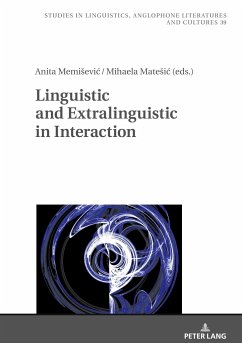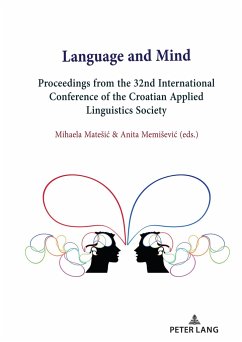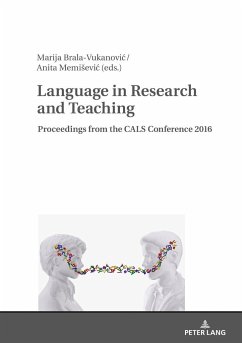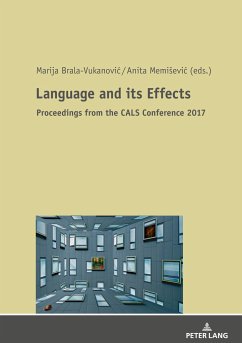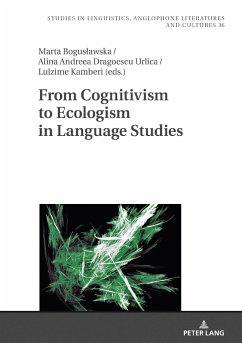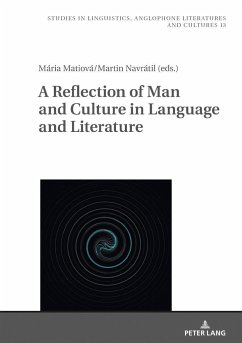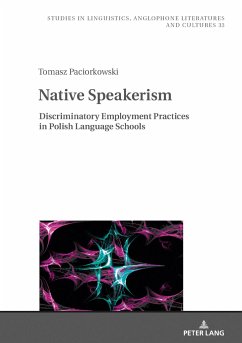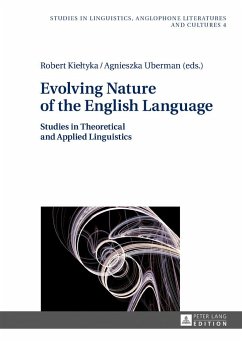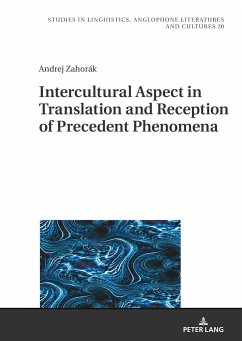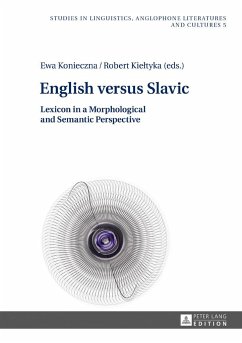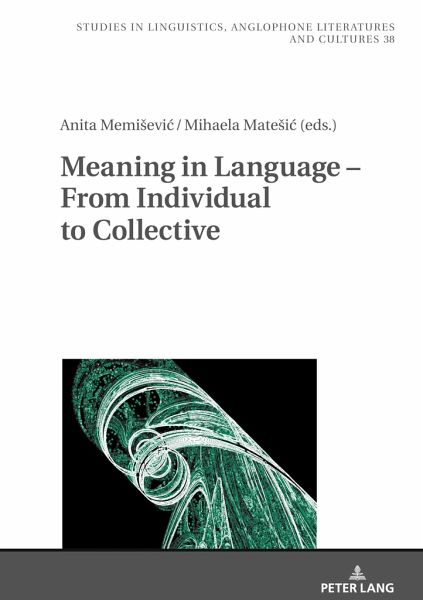
Meaning in Language - From Individual to Collective
Versandkostenfrei!
Versandfertig in 6-10 Tagen
59,95 €
inkl. MwSt.

PAYBACK Punkte
0 °P sammeln!
Meaning lies at the very heart of the development of language. Therefore, it is not surprising that the linguists have long been fascinated by the study of meaning, from the early days of the discipline to the present. Over time, the approach to meaning has evolved, shifting from structuralist analyses of linguistic signs to a focus on the combinatory potential of grammatical structures. Currently, the dominant cognitive-semantics approach examines meaning in relation to concepts and the abilities of the human brain. One of the most intriguing questions throughout the history of semantics has ...
Meaning lies at the very heart of the development of language. Therefore, it is not surprising that the linguists have long been fascinated by the study of meaning, from the early days of the discipline to the present. Over time, the approach to meaning has evolved, shifting from structuralist analyses of linguistic signs to a focus on the combinatory potential of grammatical structures. Currently, the dominant cognitive-semantics approach examines meaning in relation to concepts and the abilities of the human brain. One of the most intriguing questions throughout the history of semantics has been the relationship between an individual and the linguistic community within the framework of the wider sign-meaning relation. This essential but insufficiently explored relationship was the central topic of the 33rd International Conference of the Croatian Applied Linguistics Society.





